Find Help
More Items From Ergsy search
-

Anaemia One stop shop
Relevance: 100%
-
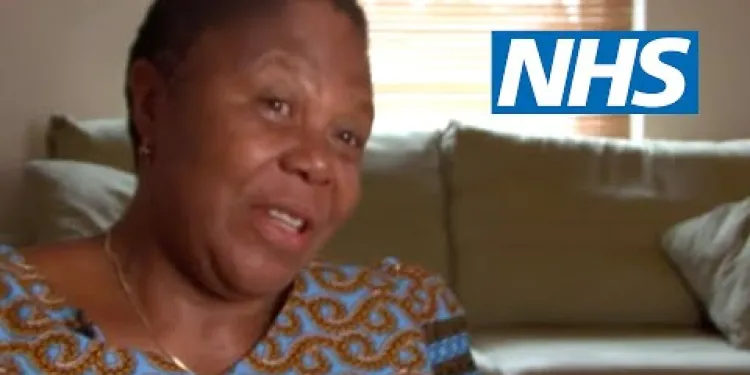
Sickle cell anaemia | NHS
Relevance: 99%
-
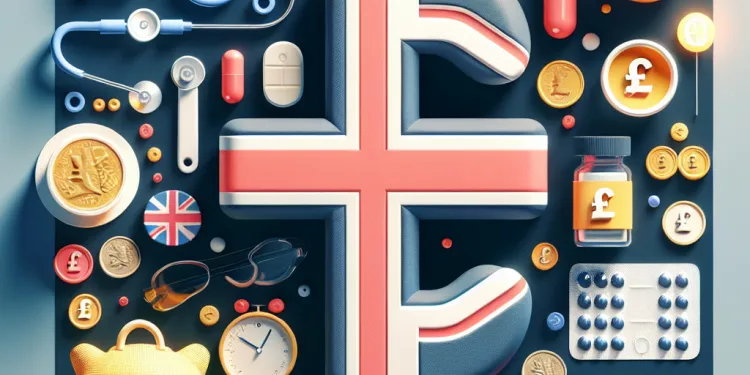
What is Anaemia (iron deficiency)?
Relevance: 98%
-

What causes iron deficiency anemia?
Relevance: 94%
-
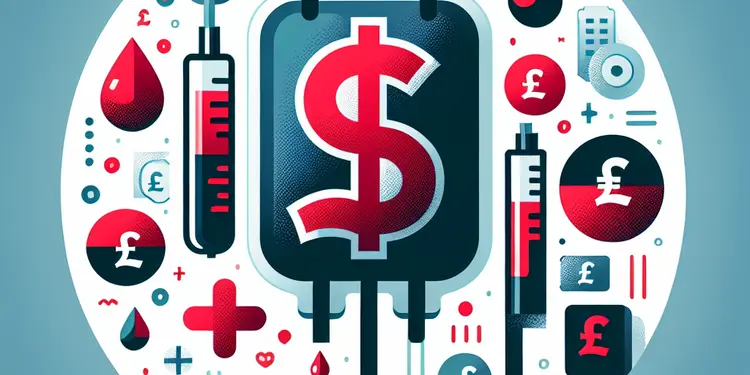
What are some common reasons blood transfusions are needed?
Relevance: 42%
-
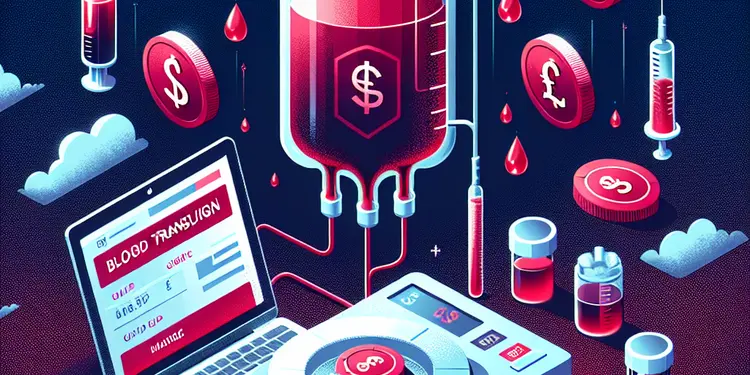
Why might someone need a blood transfusion?
Relevance: 42%
-
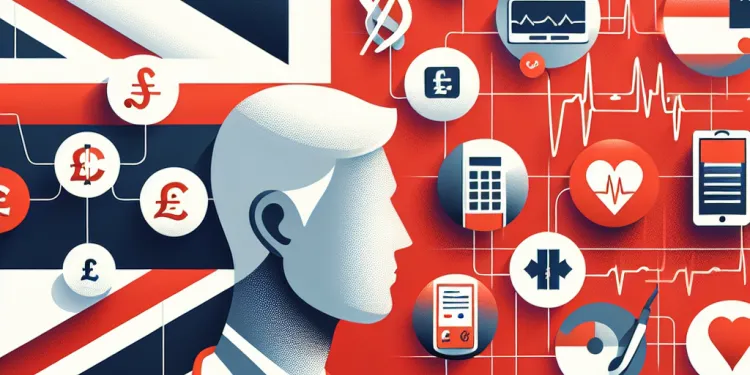
What are the complications of sickle cell disease?
Relevance: 36%
-
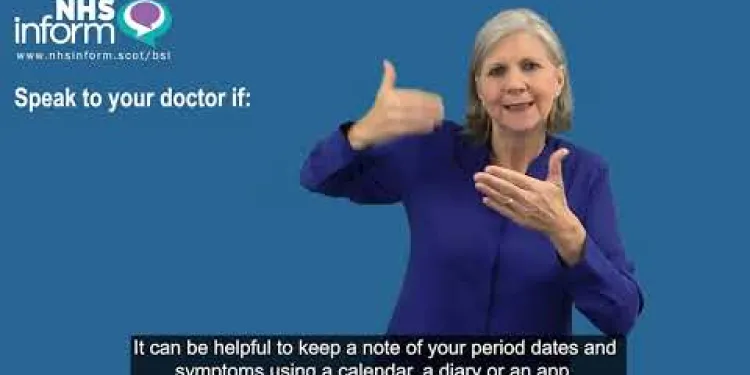
Heavy periods (heavy menstrual bleeding)
Relevance: 32%
-
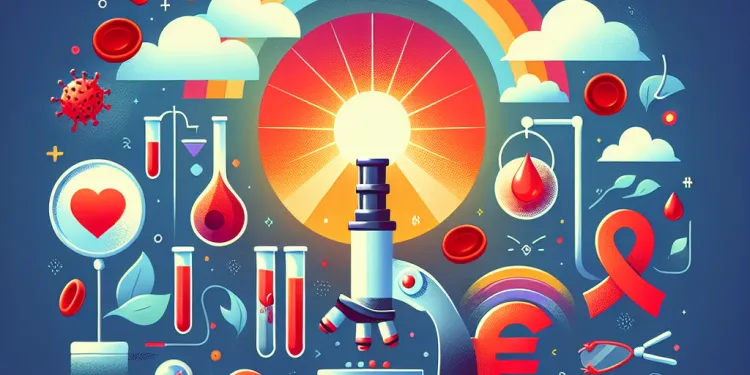
What are the symptoms of sickle cell disease?
Relevance: 32%
-
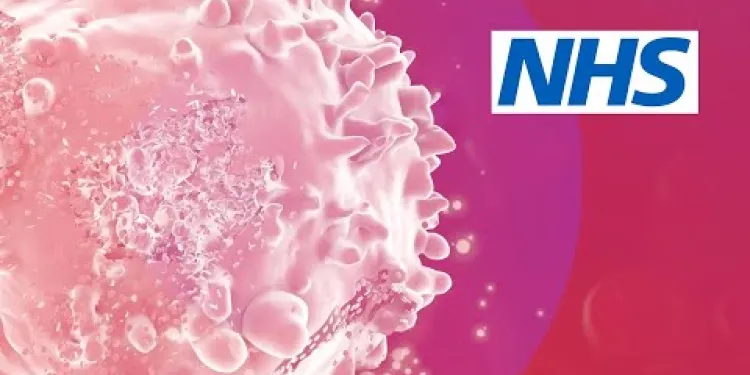
Leukaemia: What are the signs and symptoms? | NHS
Relevance: 30%
-
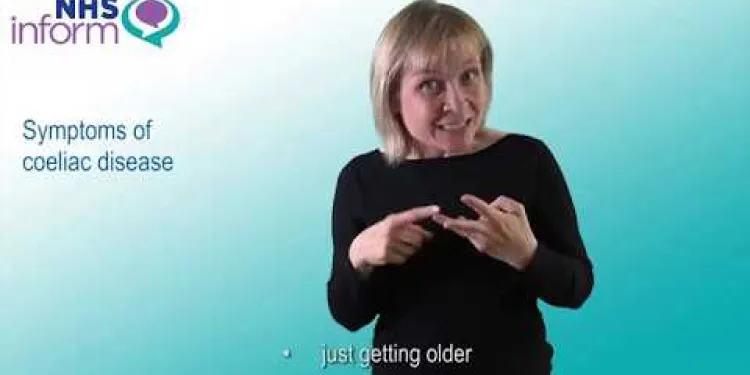
Symptoms of coeliac disease
Relevance: 27%
-
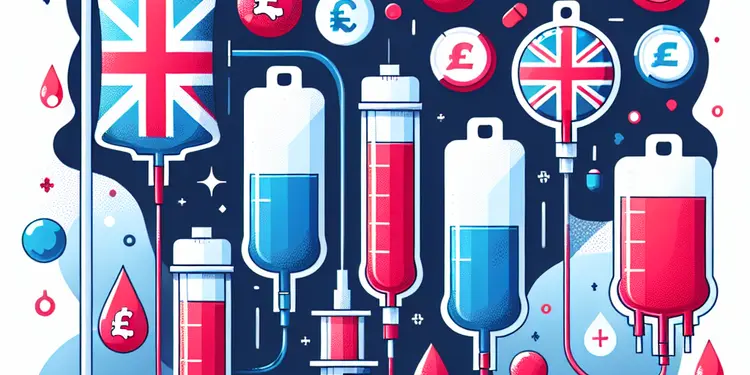
What types of blood products can be transfused?
Relevance: 25%
-

Blood Product Transfusions
Relevance: 24%
-
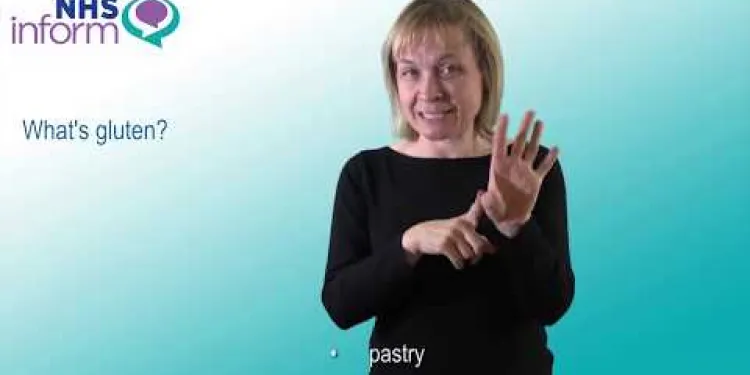
Coeliac disease
Relevance: 21%
-
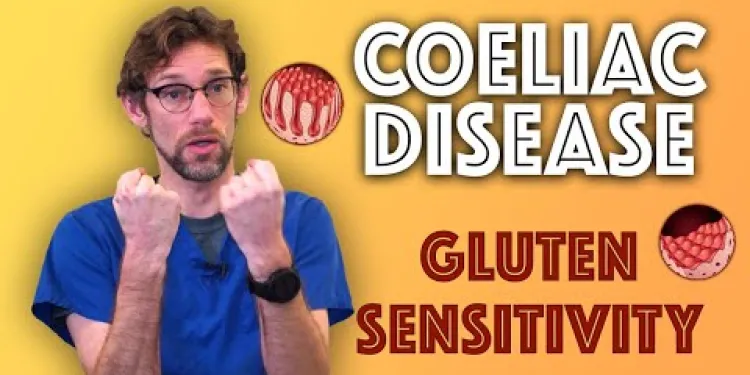
Coeliac Disease Explained - Gluten Sensitivity - A to Z of the NHS - Dr Gill
Relevance: 20%
-
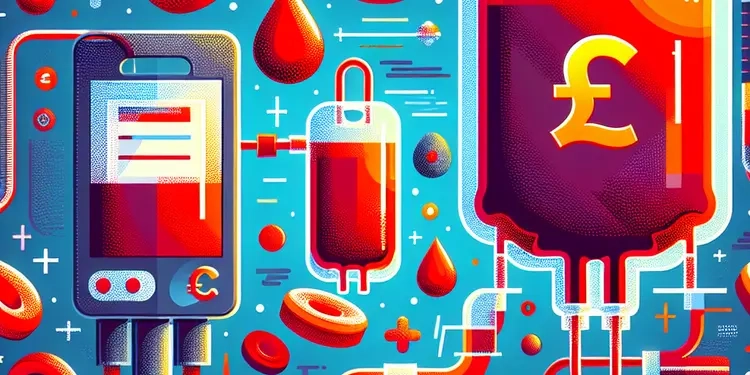
What is a blood transfusion?
Relevance: 20%
-
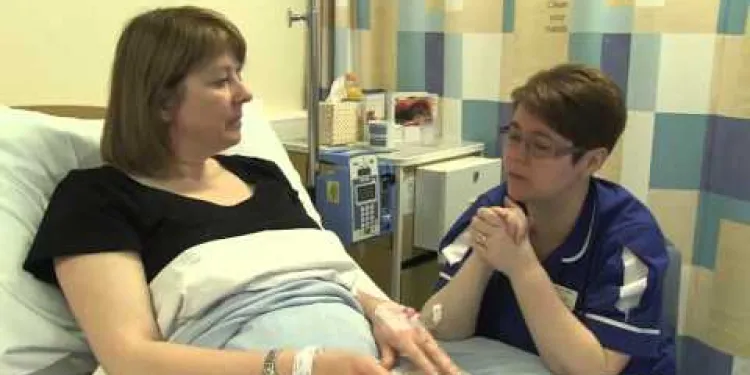
Blood Transfusion
Relevance: 20%
-
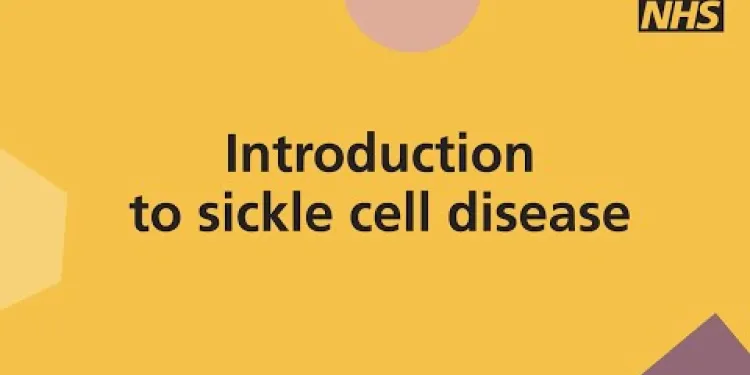
Introduction to Sickle cell disease
Relevance: 19%
-
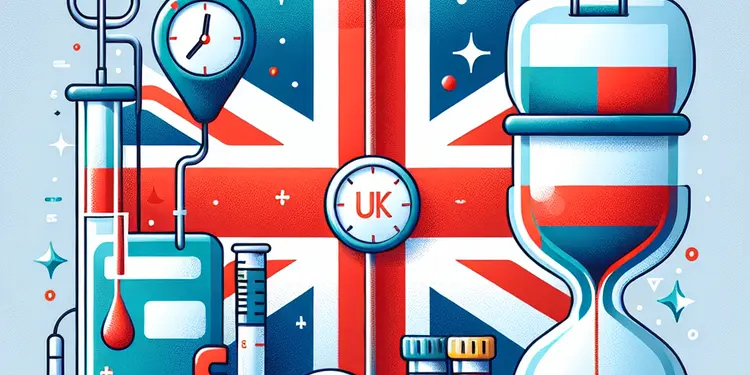
Is there an age limit for receiving blood transfusions?
Relevance: 18%
-
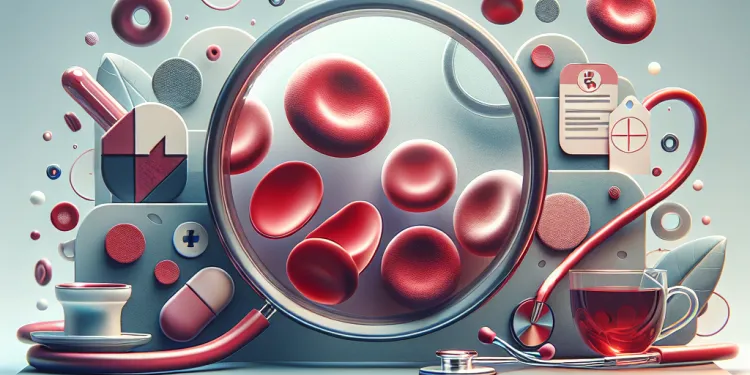
What is sickle cell disease?
Relevance: 17%
-
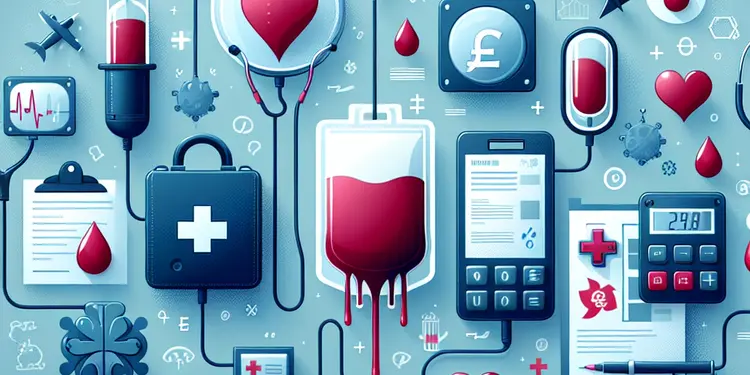
Can certain medical conditions prevent receiving blood transfusions?
Relevance: 17%
-
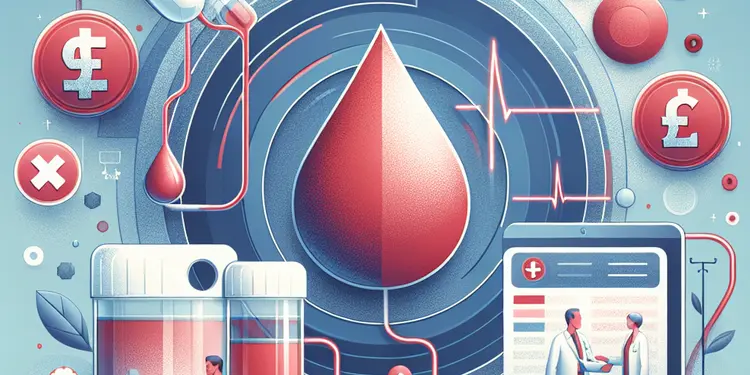
What kind of follow-up care is needed after a blood transfusion?
Relevance: 16%
-
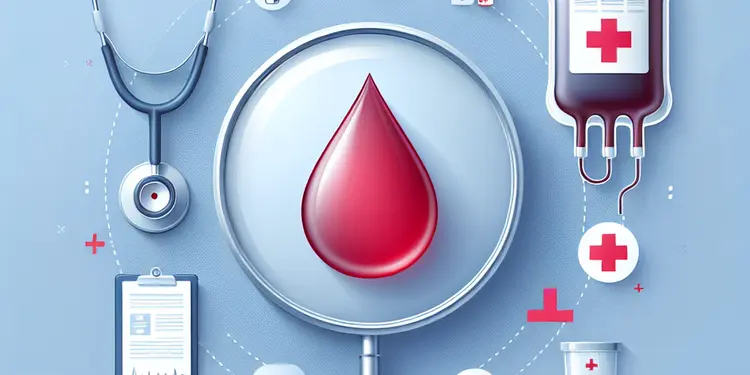
How do doctors determine how much blood is needed for a transfusion?
Relevance: 15%
-
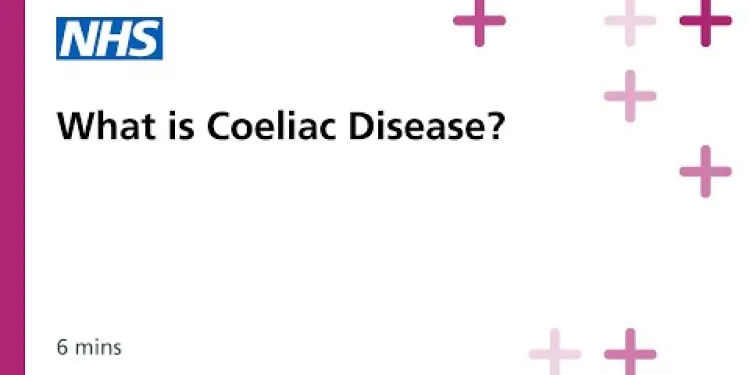
Coeliac Disease: Session 1: What is Coeliac Disease?
Relevance: 14%
-
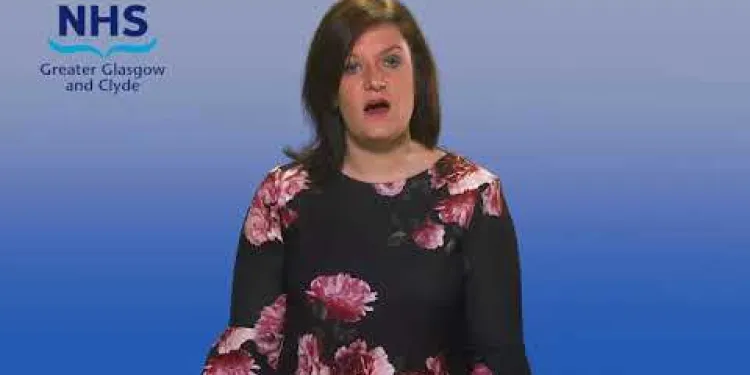
NHSGGC - What is Coeliac Disease?
Relevance: 14%
-
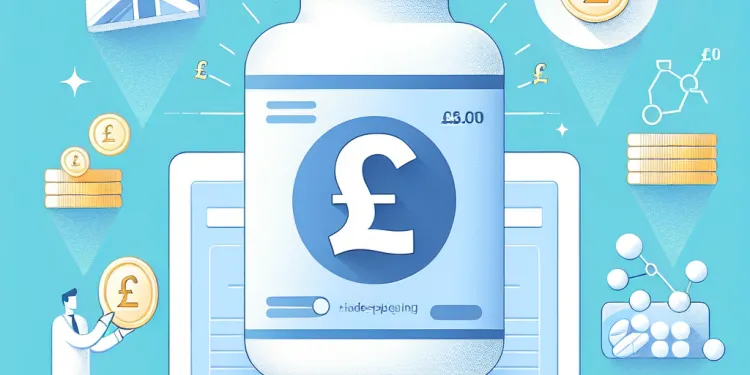
What are the side effects of Aspirin?
Relevance: 13%
-
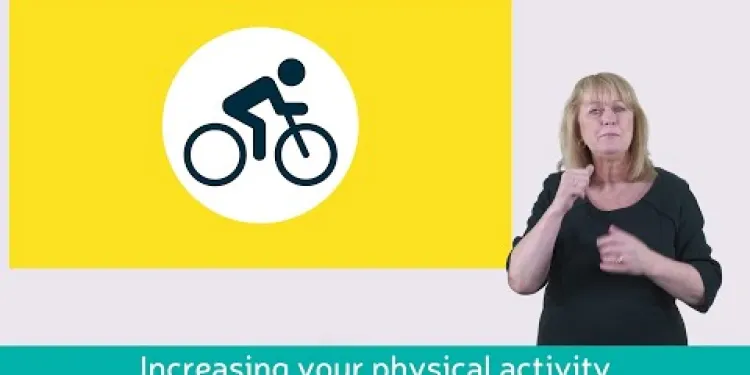
Learn about bowel cancer (British Sign Language version)
Relevance: 13%
-
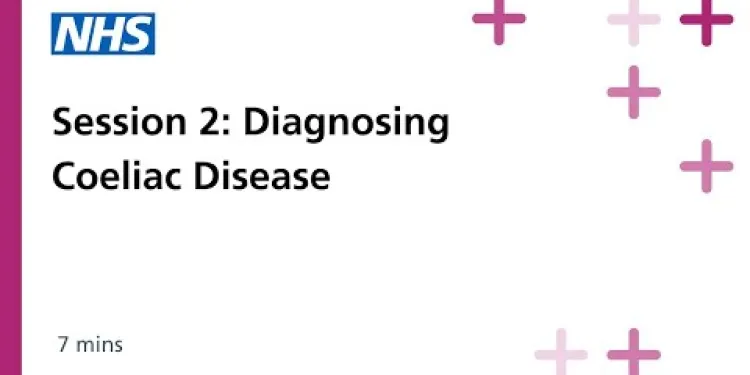
Diagnosing Coeliac Disease Updated 2021
Relevance: 13%
-
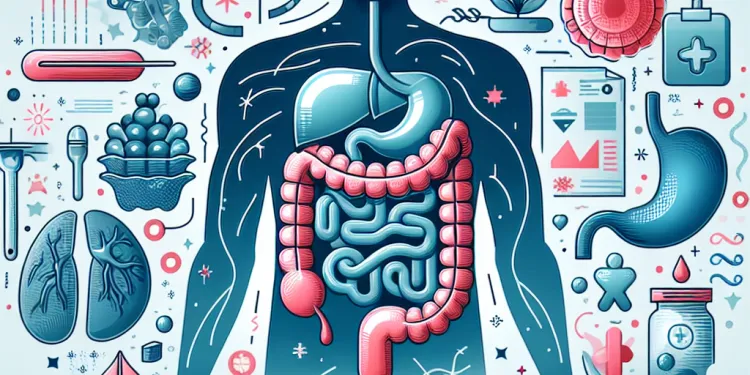
Are there any complications associated with Crohn's disease?
Relevance: 13%
-
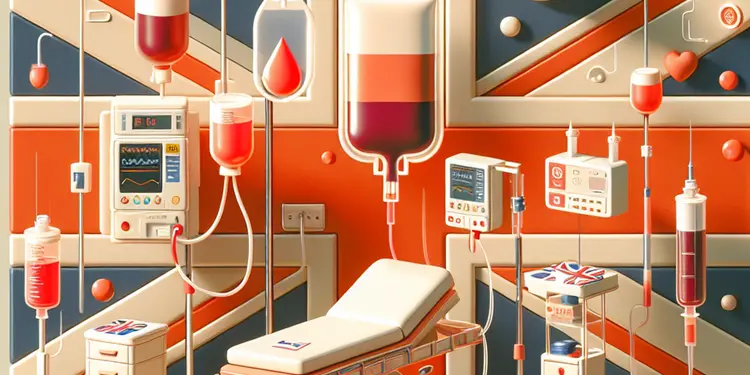
What should a patient expect after a blood transfusion?
Relevance: 13%
-
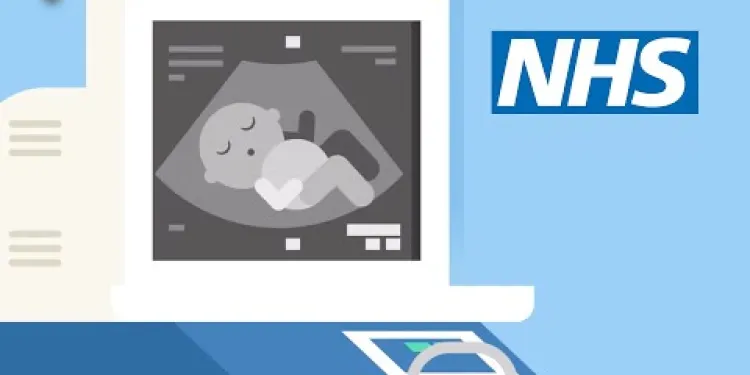
Screening tests for you and your baby | NHS
Relevance: 12%
-

How is chronic fatigue syndrome diagnosed?
Relevance: 12%
-

How does CFS differ from regular fatigue?
Relevance: 12%
-
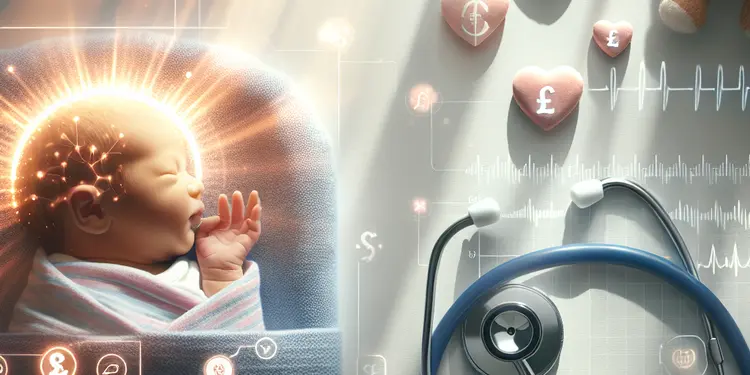
Can jaundice in newborns be serious?
Relevance: 12%
-
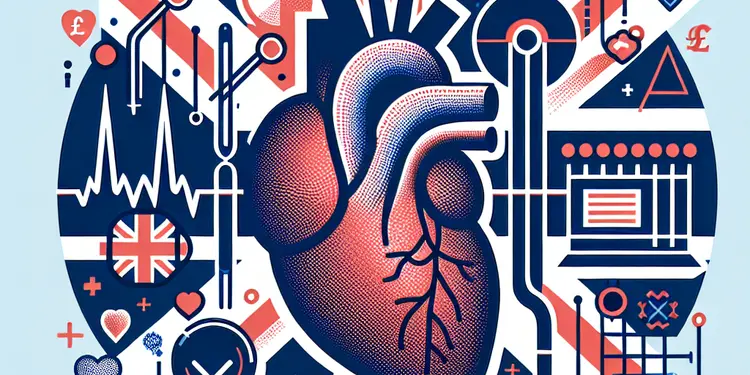
Can heart failure affect other organs?
Relevance: 12%
-

Nutrition for Pregnancy: What to Eat
Relevance: 12%
-

Are there risks associated with blood transfusions?
Relevance: 12%
-
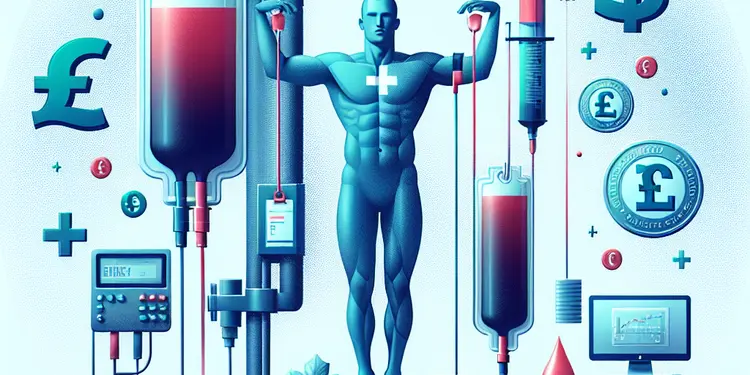
Can someone have a reaction to a mismatched blood transfusion?
Relevance: 12%
-
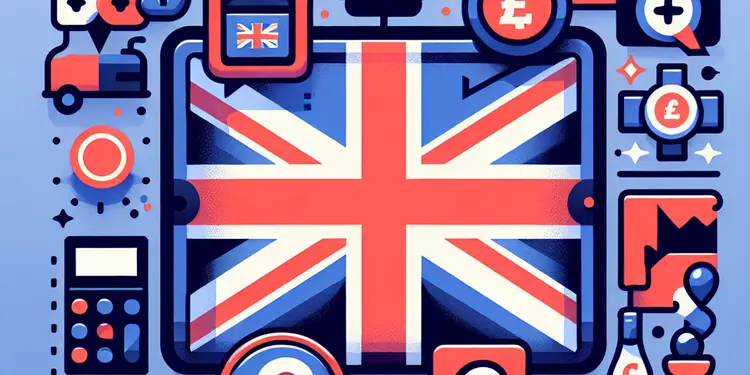
How often should screening be conducted if my child is at risk?
Relevance: 11%
-
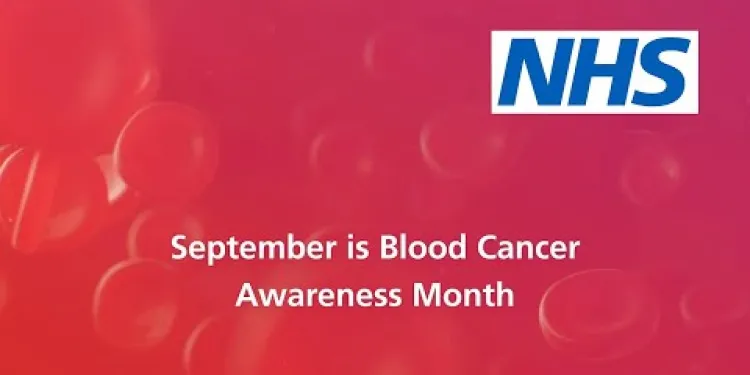
4 facts about blood cancer that you should know | NHS
Relevance: 10%
Anaemia One Stop Shop: Information for the United Kingdom
Understanding Anaemia
Anaemia is a condition characterized by a deficiency of red blood cells or haemoglobin in the blood, leading to reduced oxygen transport to the body's tissues. It can cause symptoms such as fatigue, weakness, dizziness, and shortness of breath. In the United Kingdom, anaemia is commonly caused by iron deficiency, vitamin B12 deficiency, chronic diseases, or genetic conditions like sickle cell disease or thalassaemia.
Types of Anaemia
There are several types of anaemia, each with different causes and treatments:
- Iron-Deficiency Anaemia: Caused by low iron levels, often due to poor diet, heavy menstrual periods, or bleeding.
- Vitamin B12 Deficiency Anaemia: Due to insufficient vitamin B12 intake or absorption, leading to poor red blood cell production.
- Folic Acid Deficiency Anaemia: Results from low folic acid levels, crucial for red blood cell formation.
- Aplastic Anaemia: A rare condition where the bone marrow fails to produce enough blood cells.
- Haemolytic Anaemia: Occurs when red blood cells are destroyed faster than they can be made.
- Sickle Cell Anaemia: A genetic disorder causing red blood cells to be shaped abnormally.
- Thalassaemia: A genetic disorder affecting haemoglobin production.
Diagnosis and Treatment
Diagnosis typically involves blood tests to measure haemoglobin levels and red blood cell counts. Additional tests may be needed to identify underlying causes. Treatment depends on the type and cause of anaemia. Common treatments include dietary changes, iron supplements, vitamin B12 injections, and medications to manage chronic conditions.
Prevention and Management
Preventing anaemia involves maintaining a balanced diet rich in iron, vitamin B12, and folic acid. Foods such as lean meats, leafy green vegetables, nuts, and fortified cereals can help prevent deficiencies. Regular check-ups and blood tests can help detect anaemia early, ensuring timely intervention and management.
Resources and Support in the UK
In the United Kingdom, there are several resources and support networks available for individuals with anaemia. The National Health Service (NHS) provides comprehensive information and treatment options. Charities such as the British Heart Foundation and the Sickle Cell Society offer support and advocacy for those affected by different types of anaemia.
Anaemia One Stop Shop: Information for the United Kingdom
Understanding Anaemia
Anaemia means you do not have enough red blood cells. Red blood cells help carry oxygen in your body. If you have anaemia, you might feel very tired, weak, dizzy, or find it hard to breathe. In the UK, anaemia can happen because of not enough iron or vitamin B12, long-term illnesses, or diseases you are born with like sickle cell disease.
Types of Anaemia
There are different types of anaemia. Each has different causes and ways to help:
- Iron-Deficiency Anaemia: This happens if you do not have enough iron. It may be because of not eating well, heavy periods, or bleeding.
- Vitamin B12 Deficiency Anaemia: This happens if you do not get enough vitamin B12. It causes problems making red blood cells.
- Folic Acid Deficiency Anaemia: This happens if you do not have enough folic acid, which is important to make red blood cells.
- Aplastic Anaemia: This is rare. It happens when the bone marrow does not make enough blood cells.
- Haemolytic Anaemia: This happens when red blood cells are destroyed faster than they can be made.
- Sickle Cell Anaemia: This is a disease you are born with. It makes red blood cells shaped wrong.
- Thalassaemia: This is another disease you are born with. It affects how haemoglobin is made.
Diagnosis and Treatment
Doctors find out if you have anaemia by doing blood tests. These tests check your red blood cells. Other tests may be needed to find out why you have anaemia. How anaemia is treated depends on its cause. You might need to eat differently, take iron tablets, get vitamin B12 shots, or take medicine for other illnesses.
Prevention and Management
To prevent anaemia, eat a good mix of foods. Eat foods with iron, vitamin B12, and folic acid. Try foods like lean meats, green vegetables, nuts, and breakfast cereals with added vitamins. See your doctor for regular check-ups and blood tests to catch anaemia early and get help soon.
Resources and Support in the UK
In the UK, there is help for people with anaemia. The National Health Service (NHS) gives a lot of information and treatment. Groups like the British Heart Foundation and the Sickle Cell Society support people with different kinds of anaemia.
Frequently Asked Questions
What is anaemia?
Anaemia is a condition where you lack enough healthy red blood cells to carry adequate oxygen to your body's tissues, leading to fatigue and weakness.
What are the common symptoms of anaemia?
Common symptoms of anaemia include fatigue, weakness, pale or yellowish skin, irregular heartbeats, shortness of breath, dizziness, chest pain, cold hands and feet, and headaches.
What causes anaemia?
Anaemia can be caused by a variety of factors, including iron deficiency, vitamin B12 deficiency, chronic diseases, pregnancy, and genetic conditions such as sickle cell anaemia or thalassemia.
How is anaemia diagnosed?
Anaemia is diagnosed through a complete blood count (CBC) test, which measures the levels of red blood cells and haemoglobin in your blood.
What are the treatment options for anaemia?
Treatment for anaemia depends on its cause, but may include dietary changes, iron supplements, vitamin B12 injections, medications, or procedures to treat underlying conditions.
How can I prevent anaemia?
To prevent anaemia, ensure you have a balanced diet rich in iron, vitamin B12, and folate. Regular check-ups and treating any underlying conditions promptly can also help in prevention.
What foods should I eat to prevent iron deficiency anaemia?
To prevent iron deficiency anaemia, include foods like red meat, poultry, fish, lentils, beans, iron-fortified cereals, spinach, and dried fruits in your diet.
Can anaemia cause long-term health problems?
If left untreated, anaemia can cause severe complications, including heart problems, severe fatigue, pregnancy complications, and delayed growth in children.
Is anaemia related to other health conditions?
Yes, anaemia can be associated with other health conditions such as chronic kidney disease, inflammatory diseases, cancer, and gastrointestinal conditions like ulcers or Crohn's disease.
Can men get anaemia?
Yes, men can get anaemia, although it is more common in women due to menstrual blood loss. Men can develop anaemia due to nutritional deficiencies, chronic diseases, or blood loss.
What is the difference between anaemia and iron deficiency?
While iron deficiency is a common cause of anaemia, anaemia itself is a broader condition that can be caused by various factors, including vitamin deficiencies, chronic diseases, and genetic conditions.
Is anaemia hereditary?
Some types of anaemia, such as sickle cell anaemia and thalassemia, are hereditary and passed down through families.
What is the connection between anaemia and pregnancy?
Pregnant women are at higher risk of developing anaemia due to increased blood volume and the demand for iron and vitamins. Adequate prenatal care and nutrition are essential for preventing anaemia during pregnancy.
Can children have anaemia?
Yes, children can have anaemia, often due to dietary deficiencies, rapid growth phases, or chronic illnesses. It is important to ensure children receive balanced nutrition.
What should I do if I suspect I have anaemia?
If you suspect you have anaemia, contact your GP for a proper diagnosis and treatment plan. Early intervention can prevent complications and improve your quality of life.
What is anaemia?
Anaemia is when your blood does not have enough red blood cells. Red blood cells help carry oxygen around your body. If you don't have enough, you might feel tired or weak.
Here are some things that might help:
- Eat foods with lots of iron, like meat and green vegetables.
- Get enough vitamins, like vitamin C and B12.
- See a doctor if you feel tired a lot.
Anaemia is when your blood does not have enough healthy red blood cells. These cells are important because they help carry oxygen around your body. If you have anaemia, you might feel very tired and weak.
What signs show you might have anaemia?
Anaemia can make you feel very tired and weak. Here are some common signs:
- Feeling very tired all the time
- Feeling dizzy or light-headed
- Having pale skin
- Feeling short of breath
- Having a fast heartbeat
If you think you have anaemia, talk to a doctor. You can also ask someone to help you read about it or use tools like audiobooks to learn more.
When someone has anaemia, they might feel very tired and weak. Their skin could look pale or yellow. Sometimes, their heart may beat fast or unevenly. People with anaemia might also have trouble breathing, feel dizzy, get chest pain, and have cold hands and feet. Headaches are common too.
What makes you have anaemia?
Anemia means there are not enough red blood cells in the body. This can make you feel tired and weak. It can be caused by many things:
- Not enough iron
- Not enough vitamin B12
- Long-lasting illnesses
- Being pregnant
- Genetic problems like sickle cell anemia or thalassemia
To help understand and manage anemia better, you can:
- Use books with pictures
- Watch videos that explain anemia
- Ask a doctor or nurse for help
- Use easy-to-read tools online
How do doctors know if someone has anaemia?
Doctors check blood to see if a person has anaemia. They do a test to count red blood cells. High numbers mean health, while low numbers could mean anaemia. Another test checks iron in the blood. Iron helps red blood cells work. If iron is low, anaemia might be the problem.
If you find reading hard, ask someone to help read or explain. You can also use audiobooks to listen instead.
Your doctor finds out if you have anaemia with a special blood test. This test is called a CBC. It checks how many red blood cells and haemoglobin you have in your blood.
What can you do to treat anaemia?
Anaemia means your blood does not have enough healthy red blood cells.
Here are some ways to help treat anaemia:
- Eat healthy foods: Eat foods with lots of iron, like meat, beans, and leafy greens.
- Take vitamins or medicine: Your doctor might give you vitamins like iron pills.
- Get medical help: Visit your doctor. They can help you find the right treatment.
Remember to ask for help if you need it. You can use text-to-speech apps to read aloud or highlighters to mark important information.
Treatment for anaemia depends on what is causing it. It might include eating different foods, taking iron pills, getting vitamin B12 shots, taking medicine, or getting help for other health problems.
How can I stop getting anaemia?
Here are some easy steps to help you:
- Eat foods with lots of iron, like meat, beans, and spinach.
- Eat foods with vitamin C, such as oranges, to help your body use iron better.
- Check with a doctor if you feel very tired a lot. You might need iron pills.
- Try reading with a friend or family member. They can help you understand the words better.
- Use tools that read out loud to you if this helps you understand better.
To stop anaemia, eat a good mix of foods. Make sure you get enough iron, vitamin B12, and folate. Visit the doctor for check-ups and fix any health problems quickly to help stop anaemia.
What foods can help stop low iron in my blood?
To keep your blood healthy, eat foods rich in iron. Here are some foods that can help:
- Red Meat: Beef and lamb have a lot of iron.
- Poultry: Chicken and turkey are good too.
- Fish: Tuna and salmon have iron.
- Leafy Greens: Spinach and kale are rich in iron.
- Beans and Lentils: These are great sources of iron.
- Nuts and Seeds: Try almonds and sunflower seeds.
- Iron-Fortified Cereals: Some cereals add extra iron, which can help.
It also helps to eat foods with vitamin C, like oranges, strawberries, or tomatoes, when you eat iron-rich foods. This helps your body take in the iron better.
Ask a grown-up or a doctor if you need more help with your diet.
To stop feeling tired because you don't have enough iron, eat these foods: red meat, chicken, fish, lentils, beans, cereals with extra iron, spinach, and dried fruits.
Can Anaemia Cause Long-Term Health Problems?
Anaemia means having fewer red blood cells than normal. Red blood cells carry oxygen around your body.
If anaemia is not treated, it can make you feel very tired and weak for a long time. It can also cause other health problems.
It's important to see a doctor if you think you have anaemia. The doctor can give you medicine or advice to help.
If reading is hard, you can try using tools that read the words out loud or using a ruler to help follow the lines of text.
If anaemia is not treated, it can cause big problems. These problems include trouble with the heart, feeling very tired, problems during pregnancy, and slow growth in kids.
Can anaemia cause other health problems?
Anaemia is when your blood doesn't have enough healthy red cells. These cells carry oxygen in your body. If you have anaemia, it can make you feel tired and weak.
Sometimes, anaemia can be linked to other health issues. It can happen if you have trouble getting enough iron, vitamins, or if you lose a lot of blood.
If you think you might have anaemia, talk to a doctor. They can help you check your blood and find the right treatment.
To help understand better, you can:
- Use simple apps or tools that explain health topics in a clear way.
- Ask a friend or family member to read and explain with you.
- Watch easy videos about anaemia online.
Yes, anaemia can happen when you have other health problems. These can include problems with your kidneys, swelling in the body, cancer, and tummy problems like ulcers or Crohn's disease.
Can men have anaemia?
Yes, men can get anaemia. Anaemia means you don't have enough healthy red blood cells.
Red blood cells are important because they carry oxygen in your blood.
If you feel tired or weak, it is good to talk to a doctor.
Some helpful things to try are:
- Eating foods with iron like spinach or red meat.
- Taking iron tablets if a doctor says it’s okay.
- Having regular check-ups with a doctor.
Yes, men can have anaemia too. But it happens more often in women because of losing blood during their periods. Men can get anaemia if they don't have enough nutrients, are sick for a long time, or if they lose blood.
What is the difference between anaemia and iron deficiency?
Anaemia: Anaemia is when your body doesn't have enough healthy red blood cells to carry oxygen. This can make you feel tired and weak.
Iron Deficiency: Iron deficiency is when your body doesn't have enough iron. Iron helps your body make red blood cells. Without enough iron, you might not make enough red blood cells, leading to anaemia.
Helpful Tips:
- Eat foods with lots of iron, like spinach and meat.
- Take vitamins if your doctor says so.
- Talk to your doctor if you feel very tired.
Sometimes people have a problem called anaemia because they don't have enough iron. But anaemia can happen for other reasons too. It can be because you don't have enough vitamins in your body or because you have a long-lasting illness. Sometimes, it's something you get from your family.
Can you get anaemia from your family?
Anaemia means you don't have enough healthy red blood cells. It can make you feel tired and weak.
Sometimes, anaemia can run in families. This means you might get it from your parents or grandparents.
If you want help, you can talk to a doctor or nurse. They can tell you more.
There are tools to help you learn, like picture books or videos. They can make learning easier.
Some kinds of anemia, like sickle cell anemia and thalassemia, can be passed down from parents to children.
How are anaemia and pregnancy linked?
When a woman is pregnant, her body needs more blood. If there is not enough iron and vitamins, she might get anaemia.
Anaemia can make a person feel tired, weak, or dizzy. It is important for pregnant women to eat foods with lots of iron, like red meat, beans, and spinach.
Pregnant women should go to the doctor regularly. The doctor can check their blood and give advice on how to stay healthy.
Tools like picture diagrams or apps can help learn more about anaemia and pregnancy. Talking to a doctor or a nurse is also a good way to get help.
Pregnant women can get anaemia more easily. This is because they need more blood, iron, and vitamins. It is very important to visit the doctor and eat good food to stop anaemia when you are pregnant.
Can children have anaemia?
Yes, children can have anaemia. Anaemia happens when there are not enough red blood cells in the body. Red blood cells help carry oxygen, which we need to have energy.
If a child is often tired, pale, or gets tired easily, they might have anaemia. It's important for a doctor to check if a child has these signs.
Eating foods with iron can help. Foods like red meat, beans, and spinach have a lot of iron.
If you are worried about anaemia, talk to a doctor to help understand more. Sometimes, doctors do a simple test to check the blood.
Using picture books can help explain anaemia to kids. You can also use online videos made for children. These can make learning about anaemia easier and more fun.
Yes, kids can get anaemia. This means they don't have enough healthy red blood cells. This can happen if they don't eat the right foods, they grow fast, or they are sick for a long time. It's important for kids to eat healthy meals.
What to Do If You Think You Have Anaemia
If you think you might have anaemia, talk to your doctor. They can find out for sure and help you get better. Getting help early can stop problems and help you feel good.
Useful Links
Have you found an error, or do you have a link or some information you would like to share? Please let us know using the form below.
-->
This website offers general information and is not a substitute for professional advice.
Always seek guidance from qualified professionals.
If you have any medical concerns or need urgent help, contact a healthcare professional or emergency services immediately.
Some of this content was generated with AI assistance. We’ve done our best to keep it accurate, helpful, and human-friendly.
- Ergsy carfully checks the information in the videos we provide here.
- Videos shown by Youtube after a video has completed, have NOT been reviewed by ERGSY.
- To view, click the arrow in centre of video.
- Most of the videos you find here will have subtitles and/or closed captions available.
- You may need to turn these on, and choose your preferred language.
- Go to the video you'd like to watch.
- If closed captions (CC) are available, settings will be visible on the bottom right of the video player.
- To turn on Captions, click settings .
- To turn off Captions, click settings again.
More Items From Ergsy search
-

Anaemia One stop shop
Relevance: 100%
-

Sickle cell anaemia | NHS
Relevance: 99%
-

What is Anaemia (iron deficiency)?
Relevance: 98%
-

What causes iron deficiency anemia?
Relevance: 94%
-

What are some common reasons blood transfusions are needed?
Relevance: 42%
-

Why might someone need a blood transfusion?
Relevance: 42%
-

What are the complications of sickle cell disease?
Relevance: 36%
-

Heavy periods (heavy menstrual bleeding)
Relevance: 32%
-

What are the symptoms of sickle cell disease?
Relevance: 32%
-

Leukaemia: What are the signs and symptoms? | NHS
Relevance: 30%
-

Symptoms of coeliac disease
Relevance: 27%
-

What types of blood products can be transfused?
Relevance: 25%
-

Blood Product Transfusions
Relevance: 24%
-

Coeliac disease
Relevance: 21%
-

Coeliac Disease Explained - Gluten Sensitivity - A to Z of the NHS - Dr Gill
Relevance: 20%
-

What is a blood transfusion?
Relevance: 20%
-

Blood Transfusion
Relevance: 20%
-

Introduction to Sickle cell disease
Relevance: 19%
-

Is there an age limit for receiving blood transfusions?
Relevance: 18%
-

What is sickle cell disease?
Relevance: 17%
-

Can certain medical conditions prevent receiving blood transfusions?
Relevance: 17%
-

What kind of follow-up care is needed after a blood transfusion?
Relevance: 16%
-

How do doctors determine how much blood is needed for a transfusion?
Relevance: 15%
-

Coeliac Disease: Session 1: What is Coeliac Disease?
Relevance: 14%
-

NHSGGC - What is Coeliac Disease?
Relevance: 14%
-

What are the side effects of Aspirin?
Relevance: 13%
-

Learn about bowel cancer (British Sign Language version)
Relevance: 13%
-

Diagnosing Coeliac Disease Updated 2021
Relevance: 13%
-

Are there any complications associated with Crohn's disease?
Relevance: 13%
-

What should a patient expect after a blood transfusion?
Relevance: 13%
-

Screening tests for you and your baby | NHS
Relevance: 12%
-

How is chronic fatigue syndrome diagnosed?
Relevance: 12%
-

How does CFS differ from regular fatigue?
Relevance: 12%
-

Can jaundice in newborns be serious?
Relevance: 12%
-

Can heart failure affect other organs?
Relevance: 12%
-

Nutrition for Pregnancy: What to Eat
Relevance: 12%
-

Are there risks associated with blood transfusions?
Relevance: 12%
-

Can someone have a reaction to a mismatched blood transfusion?
Relevance: 12%
-

How often should screening be conducted if my child is at risk?
Relevance: 11%
-

4 facts about blood cancer that you should know | NHS
Relevance: 10%


